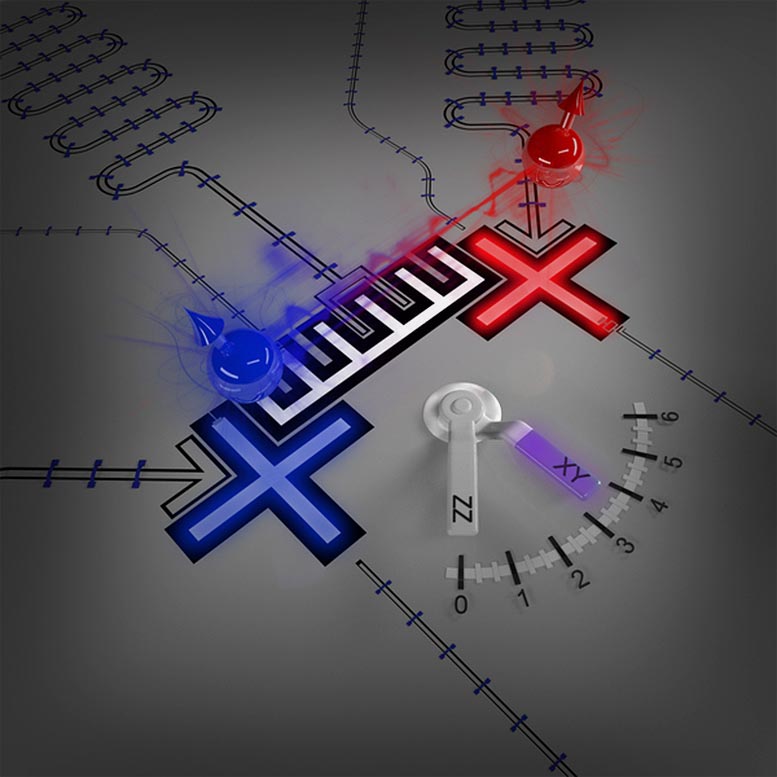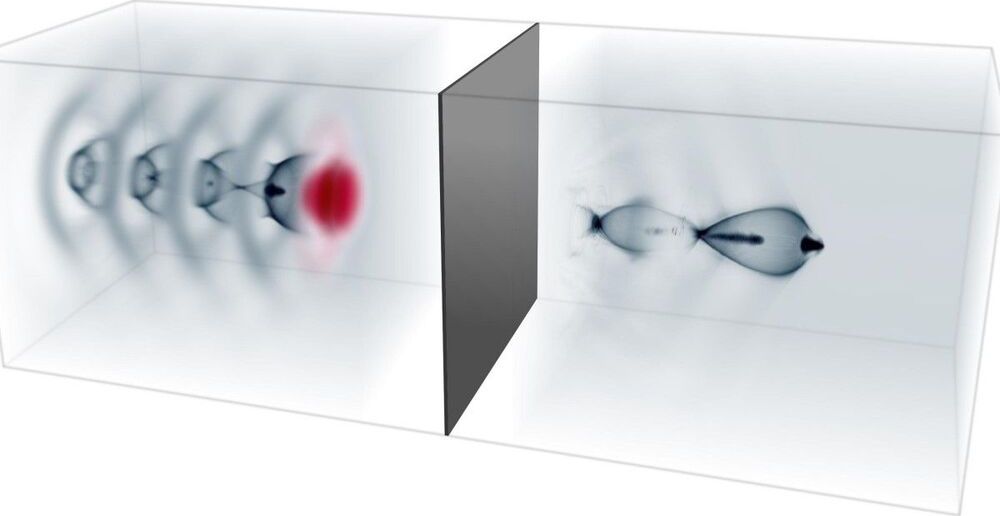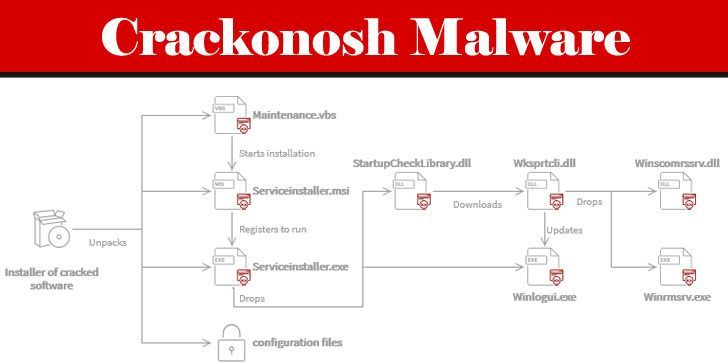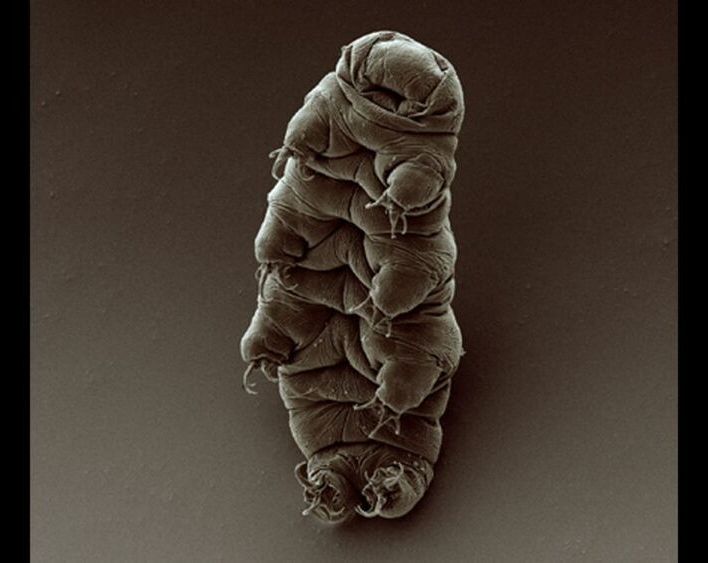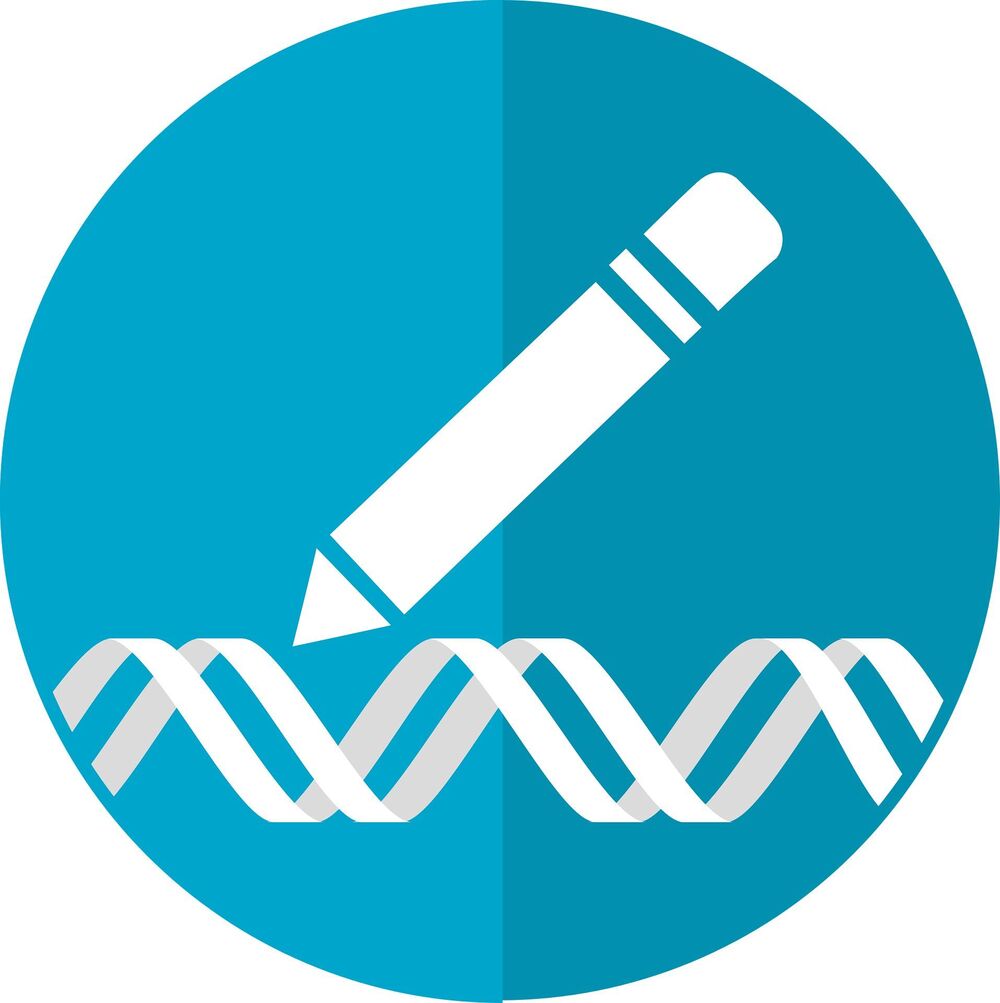Jun 25, 2021
MIT Makes a Significant Advance Toward the Full Realization of Quantum Computation
Posted by Dan Kummer in categories: computing, engineering, information science, quantum physics
MIT researchers demonstrate a way to sharply reduce errors in two-qubit gates, a significant advance toward fully realizing quantum computation.
MIT researchers have made a significant advance on the road toward the full realization of quantum computation, demonstrating a technique that eliminates common errors in the most essential operation of quantum algorithms, the two-qubit operation or “gate.”
“Despite tremendous progress toward being able to perform computations with low error rates with superconducting quantum bits (qubits), errors in two-qubit gates, one of the building blocks of quantum computation, persist,” says Youngkyu Sung, an MIT graduate student in electrical engineering and computer science who is the lead author of a paper on this topic published on June 16, 2021, in Physical Review X. “We have demonstrated a way to sharply reduce those errors.”
